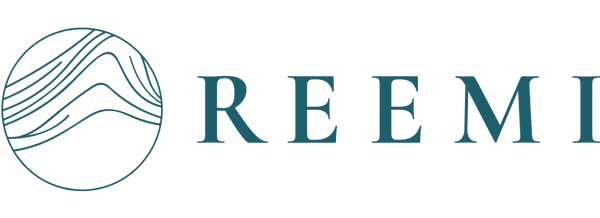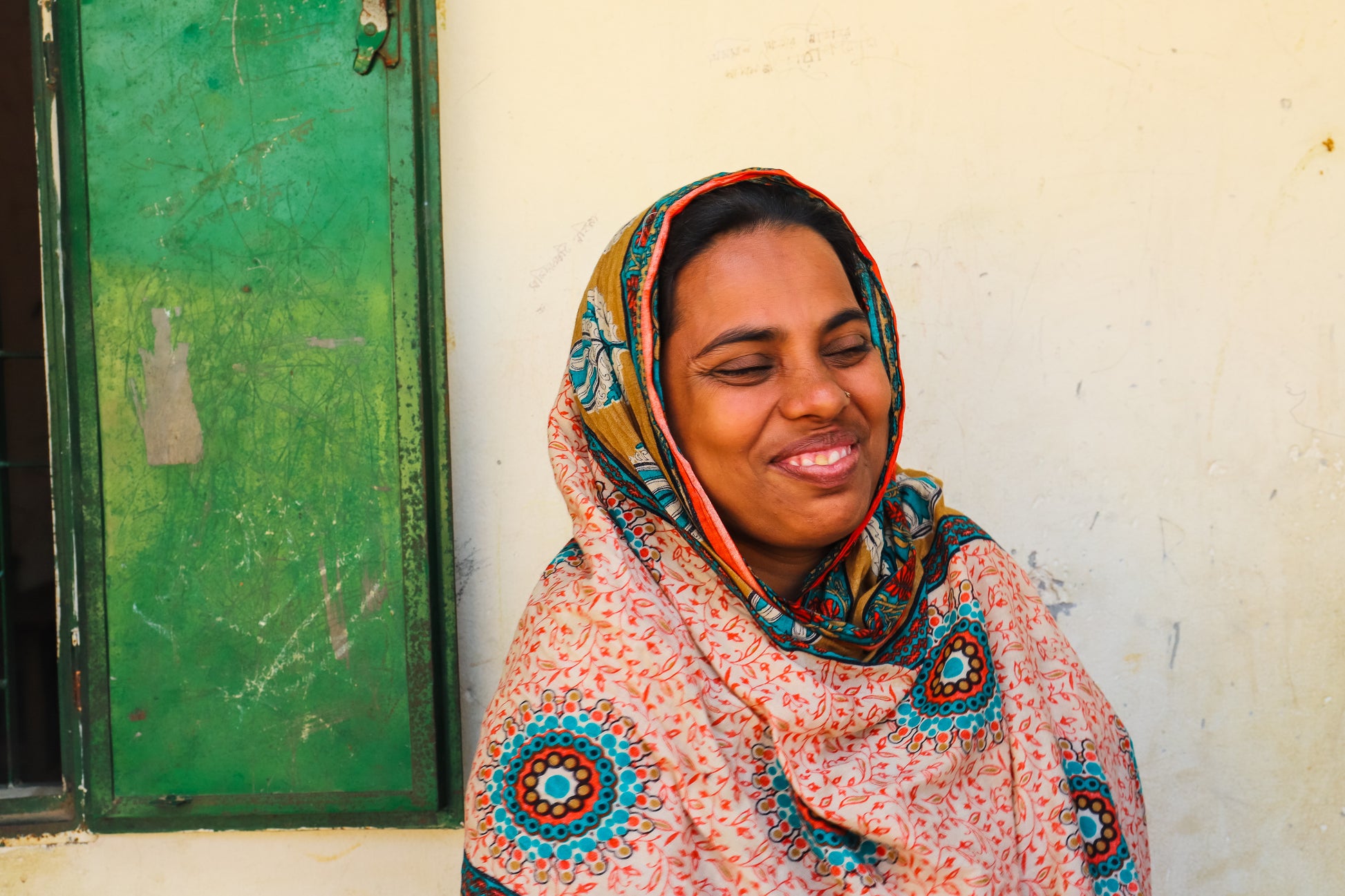Research
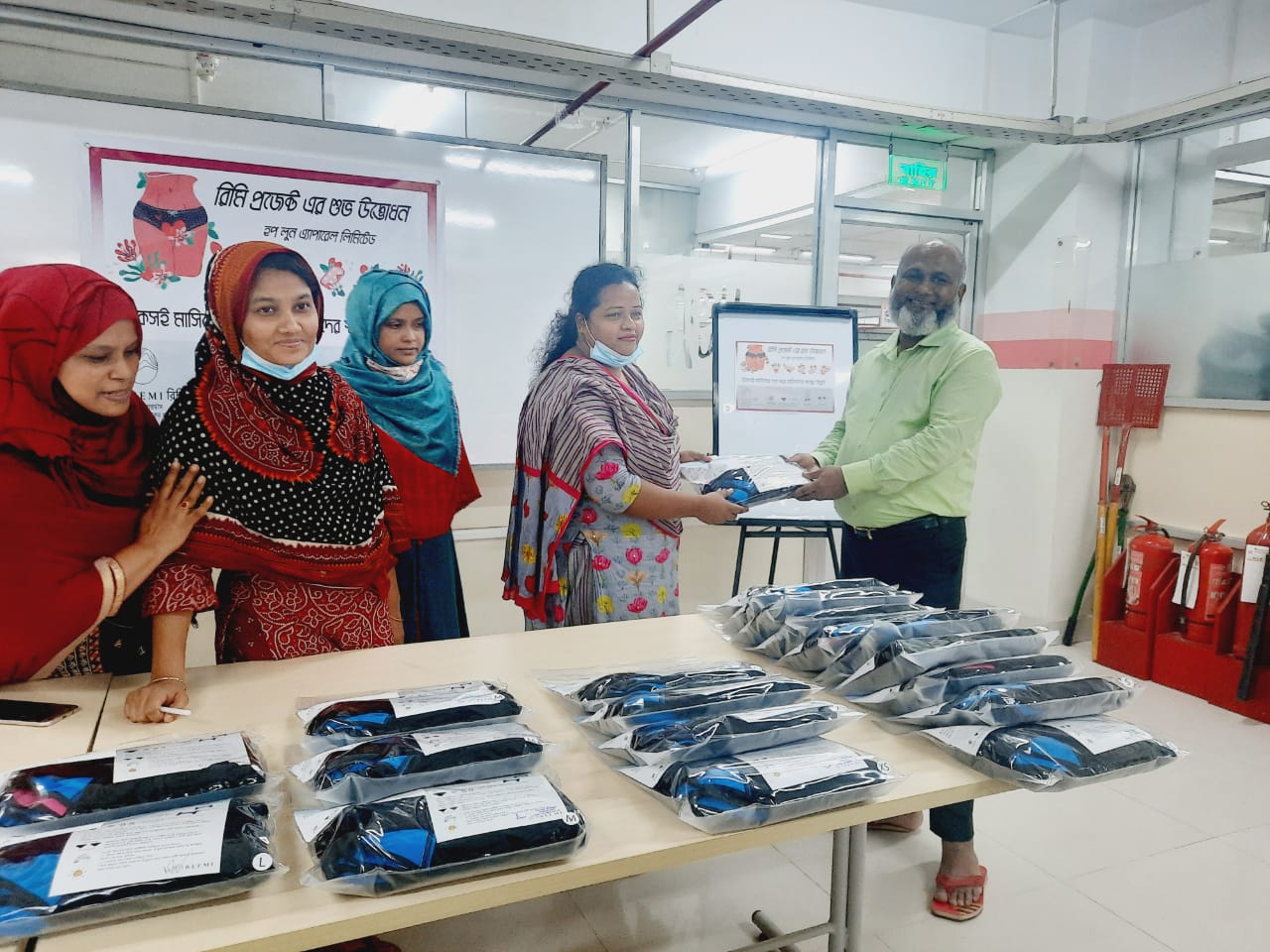
Are our solutions effective? Are we creating change? What do we not know?
These questions are asked through our evidence-based research in order for us to create interventions that go the distance.
“So often interventions have failed to help low income countries because the needs and constraints of the poor were overlooked. You [Reemi] turned to research to understand the problem. You are advancing knowledge in the world and building a long lasting solution.”
- Silvia Castro, PhD student in Economics at the Ludwig Maximilian University of Munich
Creativity and Innovation are two key organisational values, and that means staying curious. Below are some things we’ve been curious about.
MHM Innovations & Social Stigma
2022 Research Reports
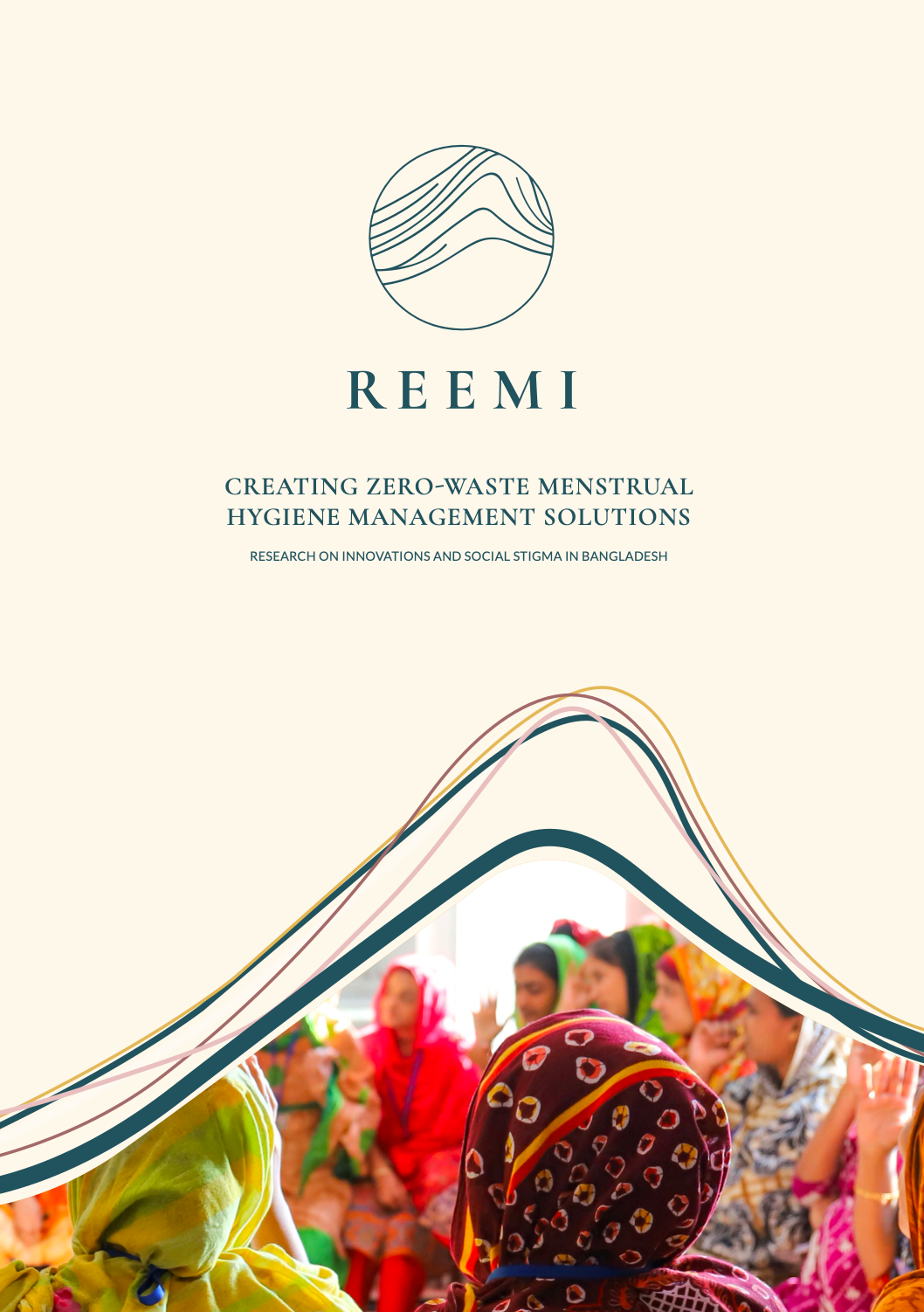
Published Paper: Journal of Development Economics
Our randomised control trial conducted in conjunction with Silvia Castro and Clarissa Mang from the Ludwig Maximilian University of Munich was recently published in the Journal of Development Economics
Zero Waste Innovations - Full Report
Our full report that details our work across three pilot trials is available for download here.
Zero Waste Innovations Summary
Our work that details the innovations and how successful they are is available for download here.
Summary of Completed Research 2020 - 2022
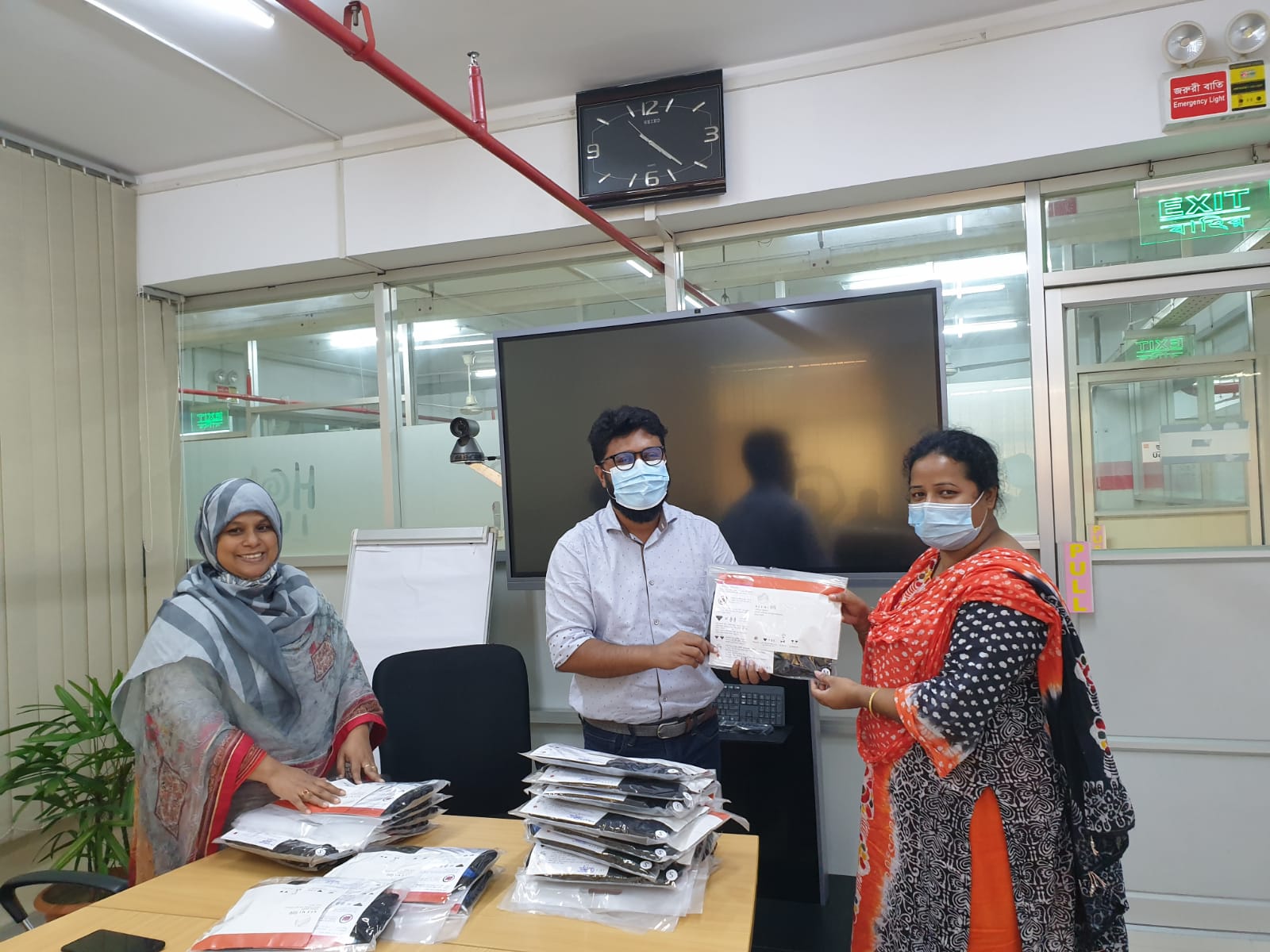
Social Stigma & Taboos Around Menstruation - Questions
Some questions we have been asking:
How do we shift social norms and culture around periods?
Do people’s individual views match perceptions? ie. I believe periods are positive but I think my neighbours think it is a curse.
Can a new product create enough excitement to encourage sharing of information?
Do education sessions open the conversation in a positive way?
What is the role of men and husbands around the stigma of menstruation?
Are women discussing periods with their daughters? How can we encourage this?
Social Stigma & Taboos Around Menstruation - What We Did
Our research has trialled education workshops alongside three sustainable products with women in Bangladesh: menstrual underwear, a wash bag and a dry bag. Alongside these products, an educational tool was developed that focuses on health, menstruation, and health stigmas.
We have measured ways to communicate about menstrual health and see if they lead to better health outcomes. The entire system of MHM (Menstrual Health Management) has been measured to better understand how social stigma impacts different parts of the journey such as; purchasing products, washing products, drying products, sharing information with family or co-workers.
Our research on this is some of the most in depth research on menstruation in garment factories in the world. The work has been led by the University of Munich in conjunction with Hop Lun. This work has been funded by the Humanitarian Innovation Fund by Elrha
Products & Education - Questions
Some questions we have been asking:
What external and internal factors prevent access to products? For example, does a male shopkeeper limit the number of women that feel comfortable to buy products?
Have we created products women want as well as need? Ie. Are they desirable? How much do they value them in monetary terms?
Are women still using our products 12 months after distribution?
How do we create sustainable and culturally appropriate products?
What are the washing systems and external environment like access to water? How do they impact the product design?
How long do products need to last for? Are there safe washing rooms for women to change their products?
Is our education creating change? Are we seeing a spillover effect to others who have not been exposed to our education and products?
Have we improved health outcomes such as; infection rates and improved hygiene practices
Have we reduced menstrual waste and the impact on the environment?
Products & Education - What We Did
We created underwear that consists of multiple layers including a self-sterilising smart technology layer, multiple absorbent layers, and a leak-proof layer. This product is designed to be reusable, easily washable, and odour-neutralising.
The wash and dry bags ensure undergarments remain hygienic through avoiding contact with the latrine floor. This results in less risk of faecal contamination and mould exposure, as well as allowing undergarments to dry quickly. All solutions emphasise zero-waste, and culturally appropriate and discreet design – with the potential to enable users to wash and dry undergarments more freely.
Our research on this is some of the most in depth research on menstruation in garment factories in the world. The work has been led by the University of Munich, icddr,b, and in conjunction with Hop Lun and AS Colour. This work has been funded by the Humanitarian Innovation Fund by Elrha and the findings will be published early 2022.
Our design partner, iDE uses design-thinking to assist us in collaborative methods of creating new products.
Our education partner, Change Associates, educates workers in a safe and engaging space that is culturally appropriate.
Current Research - Extreme User 2022
This work is focused on creating products for people in crisis, post a natural disaster and have intellectual disabilities. Our vision for this work is to create a solution for the most extreme user, in order to best practice intersectionality.
What specific WASH challenges are there for people with intellectual disabilities?
What specific WASH challenges are there for people post disaster? What is access to water and drying times like?
What are the roles of caregivers in regards to hygiene and MHM practices? How do we support caregivers well?
How can we create a desirable product? And how do we measure this?
Our research is led by World Vision Vanuatu and the London School of Hygiene and Tropical Medicine. This work will be assisting LSHTM to develop a new standard of disaster kits for people with intellectual disabilities. This work has been funded by the Humanitarian Innovation Fund by Elrha and findings will be published late 2022/early 2023.
Reemi
Give a $25 Donation
Share
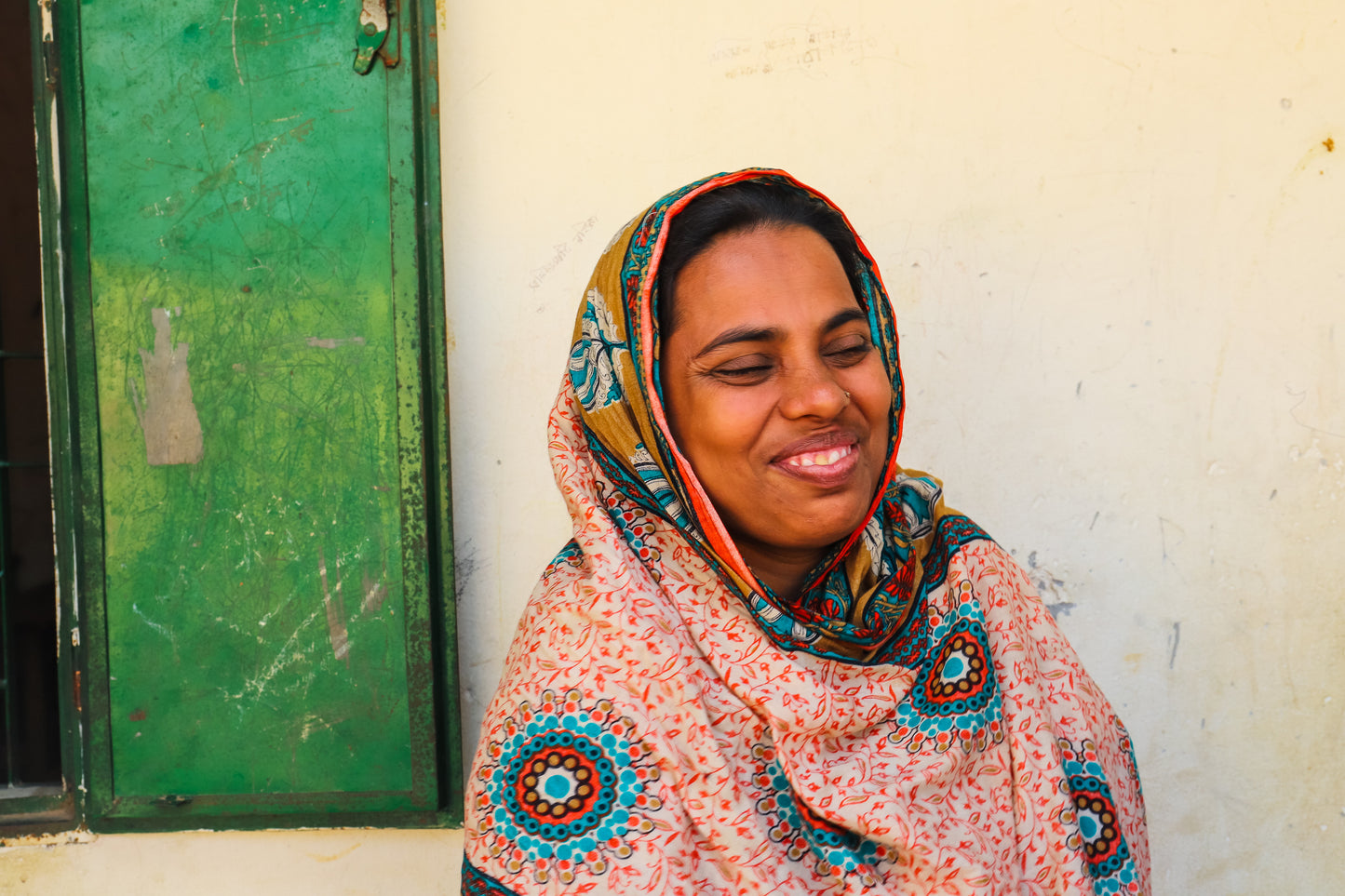
Subscribe to our emails
We have some exciting things happening. Sign up here to be part of the journey!
